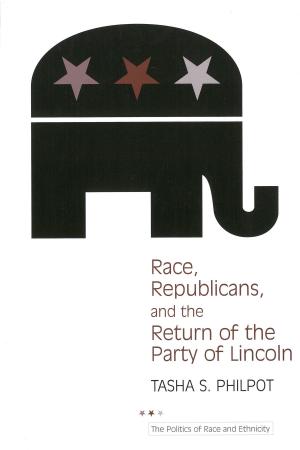After Django
Making Jazz in Postwar France
Nonfiction, Entertainment, Music, Theory & Criticism, History & Criticism, Reference| Author: | Tom Perchard | ISBN: | 9780472120758 |
| Publisher: | University of Michigan Press | Publication: | January 14, 2015 |
| Imprint: | University of Michigan Press | Language: | English |
| Author: | Tom Perchard |
| ISBN: | 9780472120758 |
| Publisher: | University of Michigan Press |
| Publication: | January 14, 2015 |
| Imprint: | University of Michigan Press |
| Language: | English |
How did French musicians and critics interpret jazz—that quintessentially American music—in the mid-twentieth century? How far did players reshape what they learned from records and visitors into more local jazz forms, and how did the music figure in those angry debates that so often suffused French cultural and political life? After Django begins with the famous interwar triumphs of Josephine Baker and Django Reinhardt, but, for the first time, the focus here falls on the French jazz practices of the postwar era. The work of important but neglected French musicians such as André Hodeir and Barney Wilen is examined in depth, as are native responses to Americans such as Miles Davis and Thelonious Monk. The book provides an original intertwining of musical and historical narrative, supported by extensive archival work; in clear and compelling prose, Perchard describes the problematic efforts towards aesthetic assimilation and transformation made by those concerned with jazz in fact and in idea, listening to the music as it sounded in discourses around local identity, art, 1968 radicalism, social democracy, and post colonial politics.
How did French musicians and critics interpret jazz—that quintessentially American music—in the mid-twentieth century? How far did players reshape what they learned from records and visitors into more local jazz forms, and how did the music figure in those angry debates that so often suffused French cultural and political life? After Django begins with the famous interwar triumphs of Josephine Baker and Django Reinhardt, but, for the first time, the focus here falls on the French jazz practices of the postwar era. The work of important but neglected French musicians such as André Hodeir and Barney Wilen is examined in depth, as are native responses to Americans such as Miles Davis and Thelonious Monk. The book provides an original intertwining of musical and historical narrative, supported by extensive archival work; in clear and compelling prose, Perchard describes the problematic efforts towards aesthetic assimilation and transformation made by those concerned with jazz in fact and in idea, listening to the music as it sounded in discourses around local identity, art, 1968 radicalism, social democracy, and post colonial politics.















